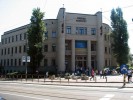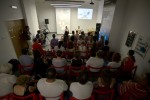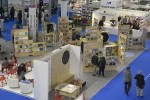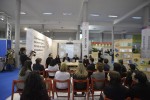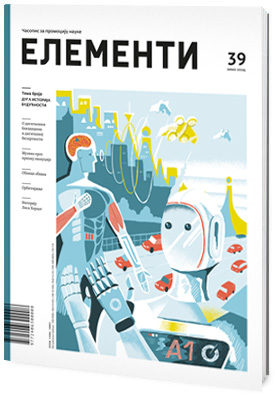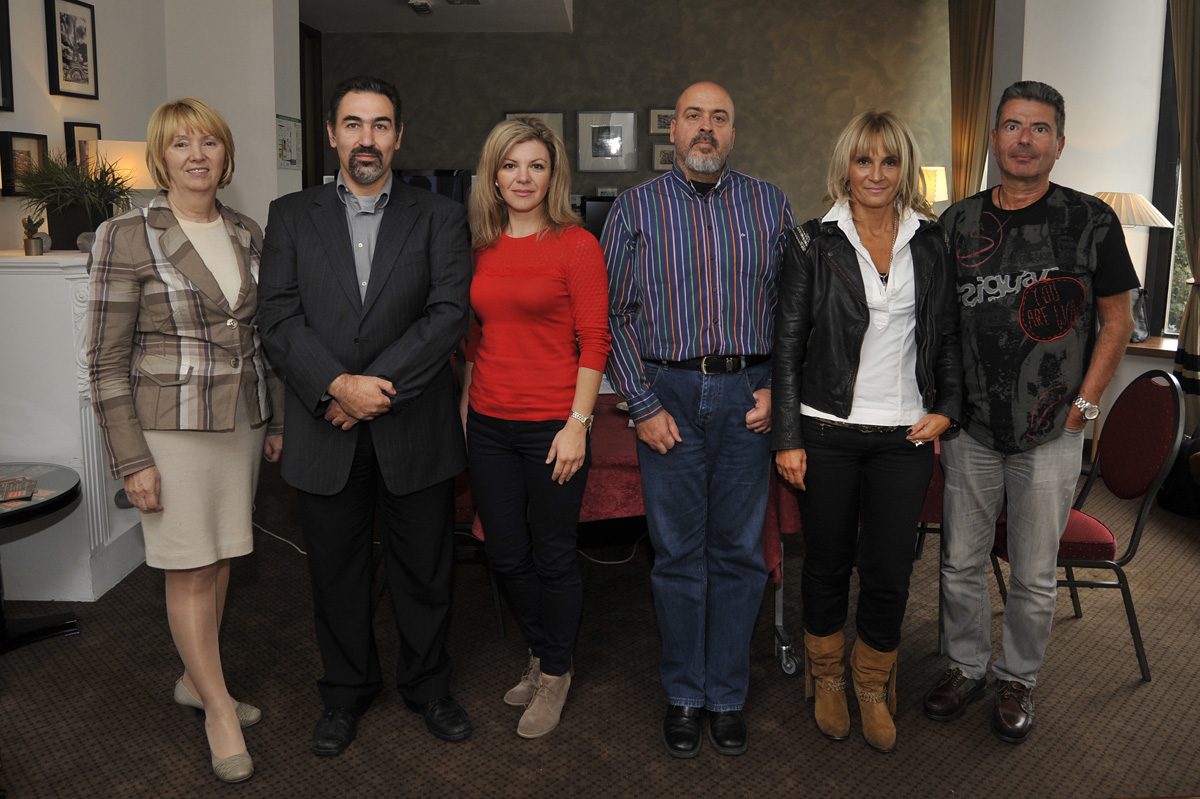Project financed by European Commission with the goal to make the science camps network in Europe[:]
Project facts:
Start/End date:
12/2012 – 11/2015
Duration:
36 months
Website:
Coordinator:
Martin Luther University, Germany
Partners:
- Martin Luther University, Germany
- University of South Denmark, Denmark
- Science Talenter, Denmark
- Elhuyar Fondazioa, Basque Country, Spain
- Fondacao de Juventude, Portugal
- The Young Scientists of Slovakia, Slovakia
- Center for the Promotion of Science, Serbia
Project description:
Science camps are one answer to the lack of young peoples interest in STEM, trying to engage them in scientific questions and helping them develop a positive attitude towards these fields. Not only the career decisions, but also the development of scientific literacy is the aim of these camps. Being held by many and various organizations, science camps have no common strategy, no continuing financial support nor a scientifically prove for the outcome.
The project wants to establish a network with three aims:
- Connect different camp organizers to form a strong connection among European countries, exchange best practices and researches on development of these camps.
- Connect summer camps to local companies with technical and science products as well as regional universities, technical universities and other academic institutions working in the STEM field.
- Extract practical ideas and research-based results from the science camp inquire based programs to bring them to classroom practice in schools located to the science camps regions.
The partners have a wide regional range as well as a background from public to private and from universities to non-profit-organizations. They are experienced in science camps, science contests and have all in all thousands of participants per year.
The project will be organized through three pan-European conferences, helping to build the network, adjusting the strategy of evaluation and forming a common understanding of best practice. These results will be spread in regional workshops and offered as models for schools.
Parallel to this, the network wants to foster collaboration among the organizers of science camps, local companies (especially SME) and regional universities and other academic institutions. It is planned to involve stakeholders and to convince local people to support future camps. Interested persons from other countries are invited and will be informed of the results on conferences and on the projects website.
Science camps provide many opportunities for young people to develop their own creative solutions for scientific and technical questions. Apart from classroom learning they help to discover own solutions, made possible through inquiry-based learning. The connection with stakeholders from companies (especially SME) and staff of academic institutions enables young people to find role models in scientists and engineers. Especially it plays a vital role for girls’ female scientists and engineers.
The field of STEM provides future employment in comparable big numbers, and the lack of young people in this field is seen as a problem for the whole of Europe. Especially girls are seen to be underrepresented, so that an encouragement of girls will be rewarding.
All activities in science camps are supported by ICT. Thus ICT is not only the target, but also the vehicle to acquire scientific literacy as well as ICT literacy. The pedagogy of the science camps is as well dominated by collaborative, self-steered learning, a practice seen to be necessary for future employees.
The Center for the Promotion of Science is in charge of the Project’s web site (its design, content, etc) as well as work in other Work Packages (dissemination of the Project in Serbia and the region, surveys in Serbia and the region, etc.)






